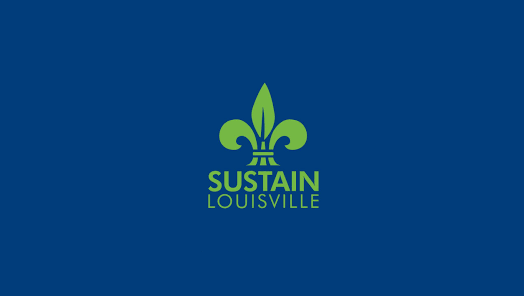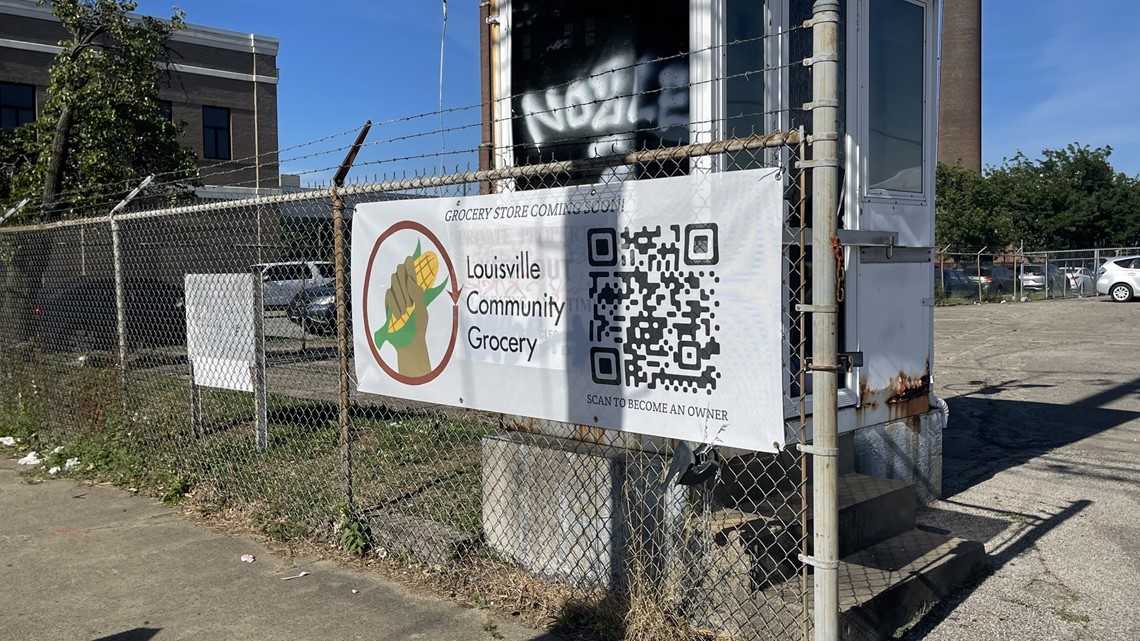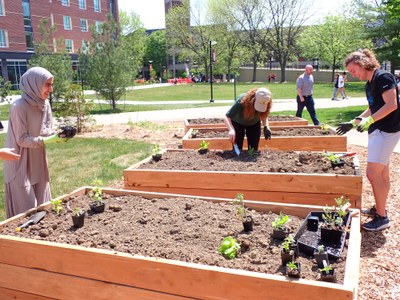Policymaking
Considering all the inequalities that exist in Louisville’s food system in terms of the food production, food manufacturing, and food retailing phases, the Louisville city government has played a significant role in attempting to mitigate such inequalities. Whether the solutions it has put forward are effective is debatable. See research here, here, and here that deliberates the efficacy of Louisville’s various food system-related policies.
Nonetheless, recently, Louisville’s city government has stepped up its efforts to address food system inequalities at all parts of the food supply chain. Check out the slideshow below for three examples of this.



